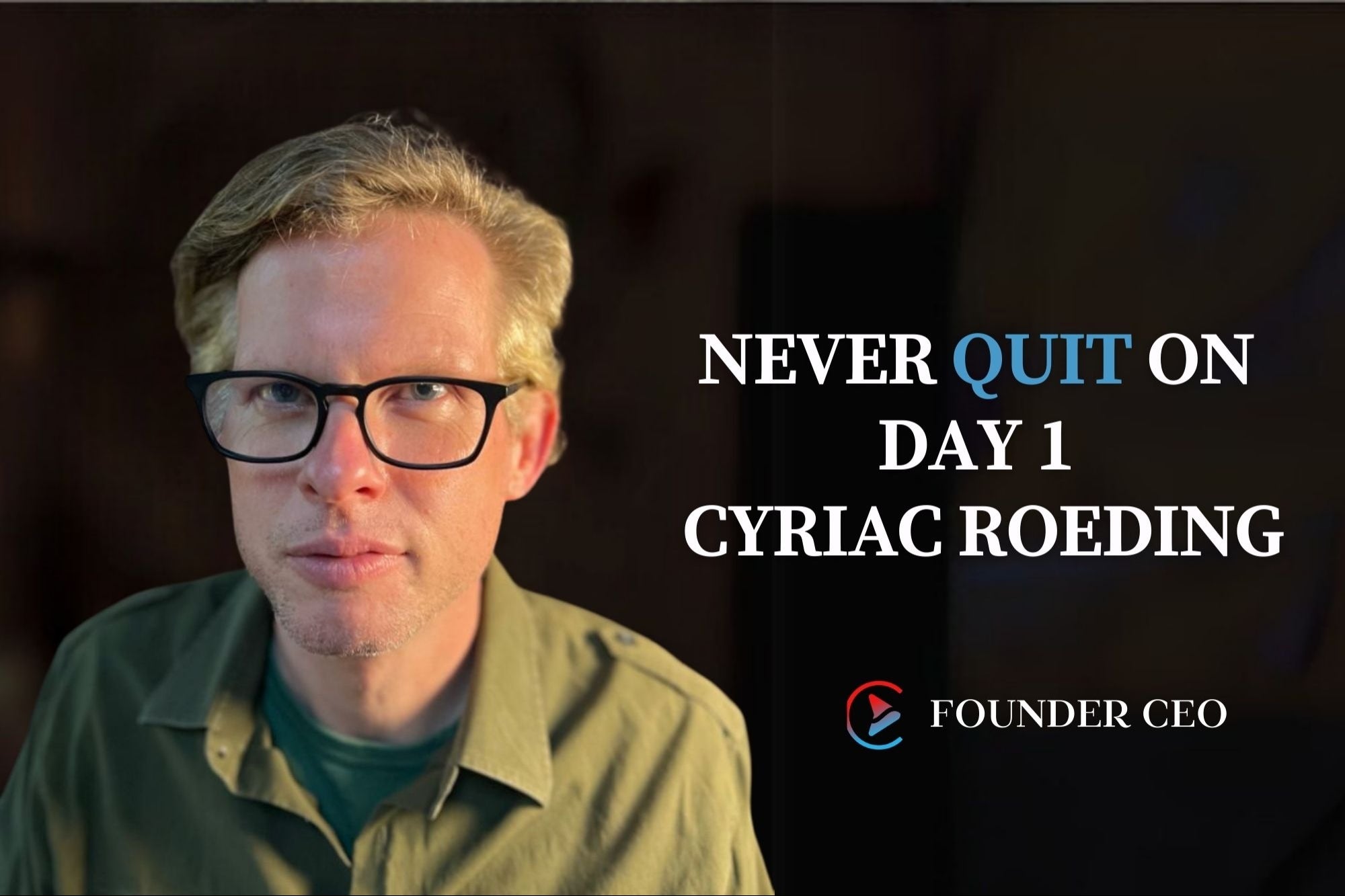Nobody Leads a Charmed Life. Get Over It. If you think others have it better than you, think again. Life is never easy and always what you make of it.
By Steve Tobak Edited by Dan Bova
Opinions expressed by Entrepreneur contributors are their own.

One of the biggest problems up-and-comers face these days is that it's all too easy to get caught in the trap of "Why isn't my [career, business, life … fill in the blank] going as well as that guy's?" After all, thinking you're getting the short end of the stick can be a real bummer.
The great irony is, I seriously doubt if anyone else really is doing better or having an easier time of it than you, unless of course they have outstanding talent, really worked for it, and deserve their success. In that case, it's not exactly a valid comparison, now is it?
Truth is, nobody leads a charmed life, least of all those who say they do, look like they do, or come across like they do. Let me improve your perspective by exposing an incredibly sticky and persistent myth, the myth of the success story.
The Myth of Privilege
If you look at the Forbes list of richest Americans, you'll see a bunch of Walton's and Mars's of Wal-Mart and Mars candy fame. So yes, we know that some people are born with privilege and inherited a boatload of dough. That's not myth, but what is a myth is the assumption that they actually have a better life as a result.
How many times have you said, "I wish I had his money?" Well, research by the National Endowment for Financial Education estimates that 70 percent of those who come into large sums of money go broke within seven years. And a 2010 university study concluded that, the more money you win playing the lottery, the more likely you are to end up bankrupt.
Related: 9 Lessons in Entrepreneurship From Silicon Valley
From an anecdotal standpoint, I've known a large number of successful people, most of whom earned it the hard way but some of whom were raised by wealthy families, and those who went further in their careers and were happiest with their lives were the former, not the latter. That's because we value what we work for, not what's handed to us. And that affects our self-esteem, self-confidence, and self-respect.
Take Sting, for example. He grew up in a working-class family in Newcastle, had a pretty rough time of it, and got out as soon as he could. Although the world-renowned musician has amassed a $300 million fortune, he's taught his six children the importance of work ethic and succeeding on their own merits, and he's stated publicly that he won't leave them a penny because he thinks financial security ruins people. He's right. It does.
Now take another look at the Forbes list – particularly the top five – and tell me what you see. That's right, you see Bill Gates, Warren Buffett, Larry Ellison, Jeff Bezos, and Mark Zuckerberg. Granted, Gates and Zuckerberg had well-off parents, but they all were successful because they were remarkably talented and worked their tails off at what they did best. With the possible exception of Ellison, they were actually all nerds who were passionate about their work.
The Myth of the Perfect Persona
There's little doubt that our own obsession with social media, blogging, personal branding, and user-generated content has done more to propagate the insidious myth that others have it better than you than anything else.
Related: Why Can't We All Just Get Along? Because We Shouldn't.
These days, everyone's a CEO, a serial entrepreneur, an investor, or some sort of leader. Everyone claims to be a best-selling author, award-winning keynote speaker, successful former athlete, growth hacker, or social-media guru. But when you dig a little deeper you find that most of that self-promotion is completely fabricated or at least highly exaggerated and questionable.
There's a reason why numerous studies have shown that Facebook and other social media sites make us miserable or at least dissatisfied with our own lives relative to those of others. It's simple, really. Our online personas are more reflective of our narcissistic culture and grandiose egos than of who we are in real life.
Our online profiles are more likely to be conjured up out of popular sound bites than what we truly spend our days doing for a living. And our family lives are always Pleasant Valley Sunday wonderful. We all have the most beautiful wives, wonderful husbands, talented kids, and extraordinary lives.
If you really want to know the truth about what we post online, it's that 99 percent of it is 1 percent real, and I bet the reverse is also true. I would bet that 99 percent of what happens in our daily lives never sees the light of a Facebook page, tweet, LinkedIn update, blog post, Instagram picture, YouTube video, or text message.
If you think others have it better than you, think again. You're comparing yourself to 99 percent BS. Nobody leads a charmed life. Life is never easy and always what you make of it. And that's the truth.










